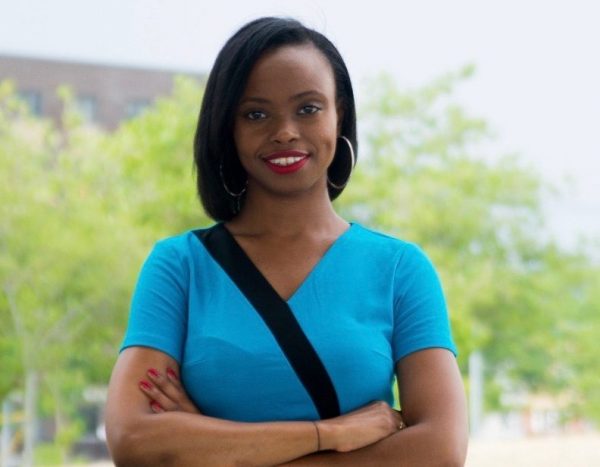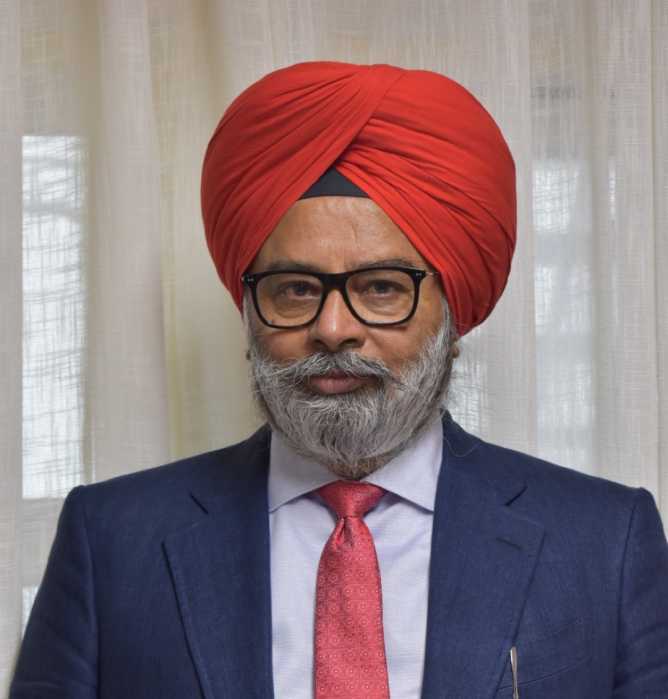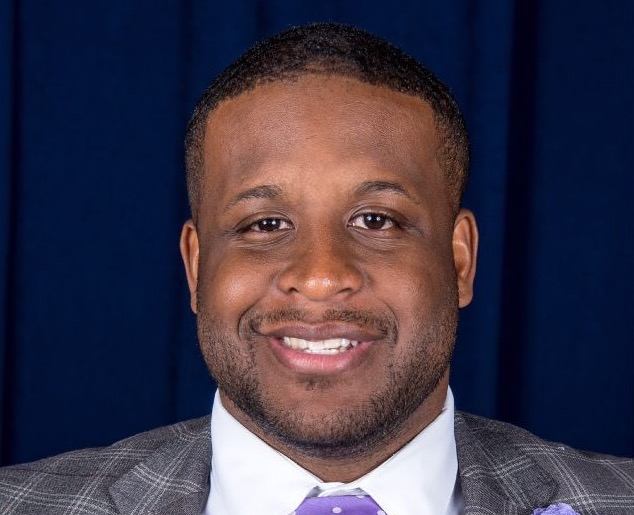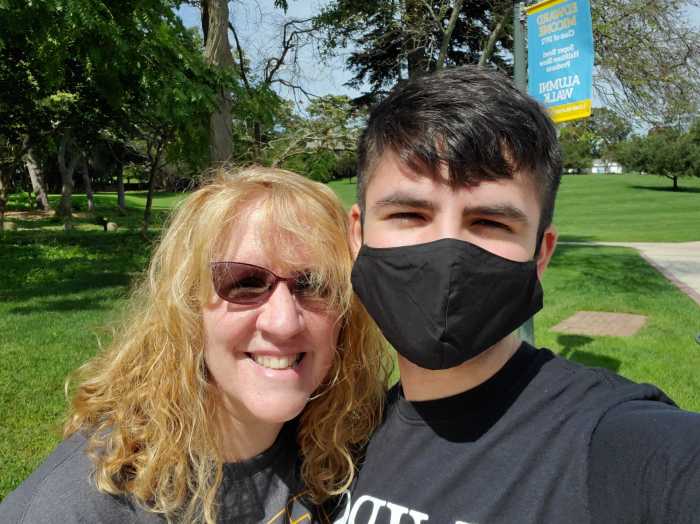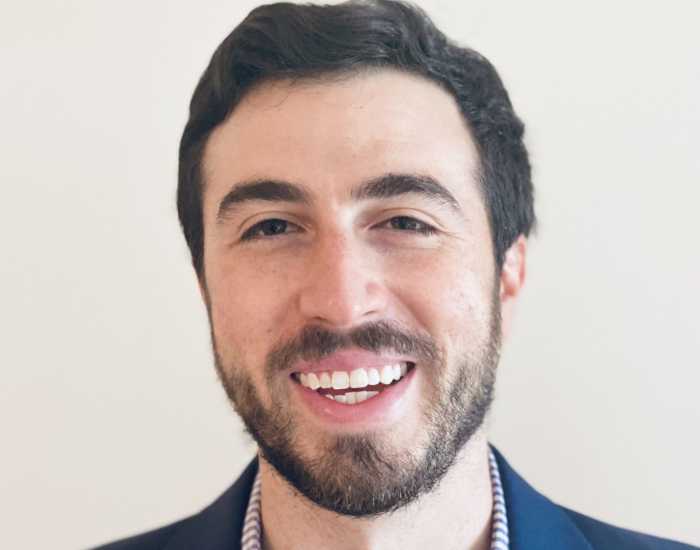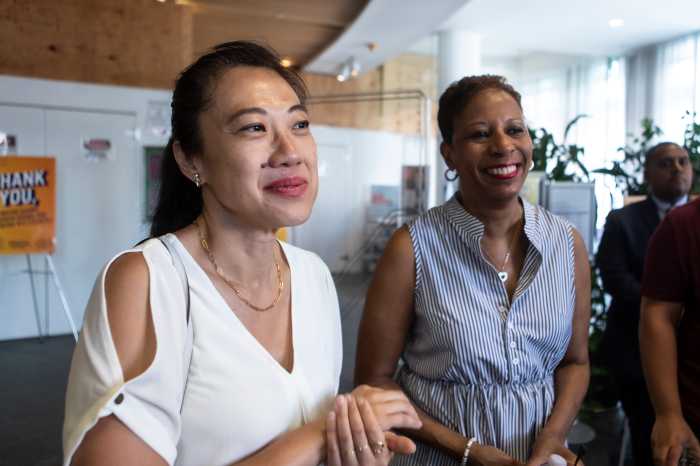Halfway through our interview, City Council Candidate LaToya Benjamin’s voice dropped out of the phone call.
“You just broke up and I missed what you said,” I chimed in, hoping she could hear me on the other side.
“I’m sorry, it’s our Digital Divide issue,” she answered. “Can you hear me now?”
Benjamin, who’s running for District 31, had been mid-sentence answering a question about her hopes for criminal justice reform when she was interrupted by another issue she wants to solve if elected to the New York City Council: the lack of reliable phone and internet service in her district, and unequal access to wifi at home. She calls the problem the “Digital Divide.”
“They’’ll just say, like, ‘Oh, we just don’t have, you know, good service,’” she said. “But no, it’s actually a quality of life issue.”
A lifelong resident of Southeast Queens, Benjamin is hoping to replace City Councilmember and Democratic Nominee for Queens Borough President Donovan Richards (D-Arverne, Brookville, Edgemere, Far Rockaway, Laurelton, Rosedale, Springfield Gardens) if his seat opens up after the Queens borough president race in November.
According to the New York City Campaign Finance Board, she is up against six opponents, including Richards’ current Chief of Staff Manuel Silva and his former Chief of Staff Franck Joseph II, now the Deputy Commissioner for Community Relations at the NYC Commission on Human Rights.
Benjamin knows her community and has lived there her whole life, she said. Unlike many millenials, she didn’t even go away for college. Instead she studied her way through the CUNY system, ultimately until earning her master’s degree at Brooklyn College.
Combine that with her years in government as an intern to Congressmember Gregory Meeks (D-Jamaica, Laurelton, Rosedale, Cambria Heights, Saint Albans, Springfield Gardens, The Rockaways, JFK Airport), an Associate in the Office of Public Engagement for the late Brooklyn District Attorney Kenneth Thompson, and now, as the Director of Economic Development for State Senator James Sanders Jr. (D-Rochdale Village, Far Rockaway), she’s got what it takes to represent her district, she said.
“They say that the people that are closest to the problem, they’re the ones that should provide a solution,” Benjamin said. “I think I just have a very well rounded approach, or perspective, on how we should move our district forward.”
Environmental justice and resiliency are another area of focus for her in the district.
The district needs an air quality study, she said, especially if the now-delayed redevelopment planned for JFK Airport goes through.
“It shouldn’t even be a question of why we’re asking for an air quality study,” she said.
She also said that any new development in the district needs to remember what happened during Superstorm Sandy in 2012, which tore through the district leaving flooding and destruction in its wake.
“There has to be a better campaign –– a better awareness happening around the role of the environment and what that means to everyone’s quality of life,” she said.
Benjamin is worried about a second wave of the coronavirus pandemic, she said. The district was hit hard in the first wave this past spring. She, like many others in the community, lost a family member to the virus.
“When we did finally get a handle on it, it still was a very slow turnaround for our community to receive resources,” she said about the initial wave of COVID-19.
She hopes that if –– or when, now that the district is experiencing an uptick in positive COVID-19 tests –– the second wave hits, the city will be better prepared. But she’s not convinced it will be. With the budget cuts and lack of funding from the federal government, she doesn’t think the city will be able to provide the sort of help communities like hers will need to make it through economically and public health wise.
“We’re really going to have to be really innovative,” she said. “Really unite as a community to figure out how we’re going to fill in the gaps that are going to exist due to the lack of funding.”
As the daughter of a law enforcement officer who lived through the protests and subsequent crackdown after a notorious police shooting in Jamaica and then worked for a district attorney, Benjamin’s approach to criminal justice reform is nuanced with an economic development bend.
“I always wanted my father to come home safe. But then I also saw the other side where injustice is happening,” said Benjamin who was a student at the John Jay College of Criminal Justice when Sean Bell was shot and killed by NYPD officers in Jamaica. “I was literally having to talk about the case in class and then come home to the riot squad.”
She always wanted to find a balance, she said, and was inspired by the late District Attorney Kenneth Thompson, whose campaign she worked on before joining his office.
Working with Thompson, who she called the first progressive district attorney, opened her eyes to the intersection of economic empowerment and criminal justice through programs like a re-entry program that encouraged people newly released from prison to use skills they developed while incarcerated to start their own businesses. She thinks there can be more work done like that, for example using forfeiture money to fund community development programs.
“I’m not even sure what that money is being spent on,” she said about forfeiture money. “Usually causing harm in a community, those resources can actually be turned around to use as something good that gets invested in the right way.”
Thompson’s campaign wasn’t the first campaign she worked on. Benjamin was 13 years old when she first got involved in politics. Miss Mary, the local mail delivery person, encouraged her to work on Imam Charles Bilal’s campaign handing out fliers for $5 an hour.
Miss Mary still lives in Jamaica. The two women had lunch the other day.
“It’s funny because she said, ‘LaToya, I never thought that when I had you guys doing that, that you would now be running for office,’” Benjamin said.
As the interview wrapped up, she reminded me to pay attention to my phone service the next time I’m out in the Rockaways.
“Just remember the Digital Divide conversation,” she said.


